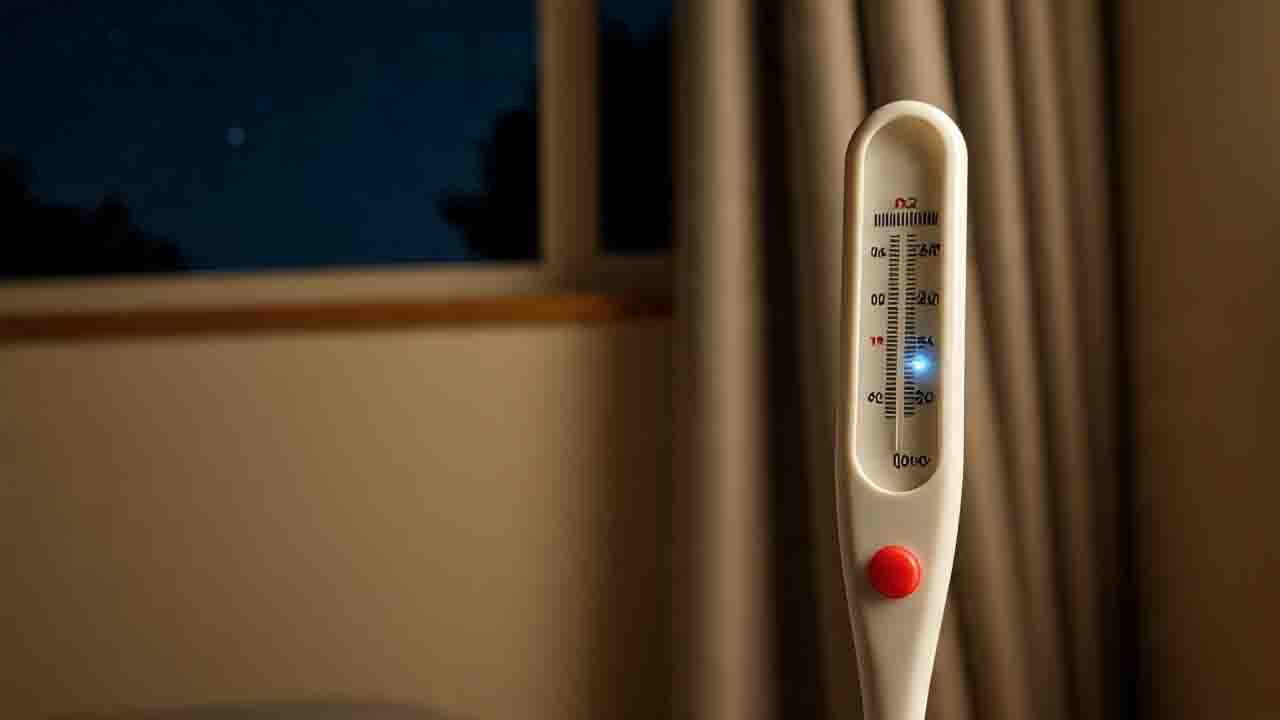
Elmsleep – Climate Change May be silently worsening a global health issue many never expected sleep apnea. According to a new study from Flinders University in Australia, rising nighttime temperatures are significantly increasing the risk of obstructive sleep apnea (OSA), a condition where breathing repeatedly stops during sleep.
Researchers found that warmer nights can raise the likelihood of OSA episodes by up to 45%. Given the ongoing trend of global warming. Experts warn that the number of people affected by this disorder could double in the coming decades. This discovery highlights a hidden cost of climate change its potential to impact not just how we live. But how well we sleep.
The study tracked sleep patterns and correlated them with ambient temperatures. It revealed a clear connection: higher temperatures during the night make it harder for the body to regulate itself during rest. For individuals prone to sleep apnea, this added stress worsens their condition, leading to more frequent interruptions in breathing.
“Mastering Core Web Vitals: The Key to Seamless User Experience”
Obstructive sleep apnea is not just about snoring or feeling tired the next day it’s linked to heart disease, high blood pressure, and even stroke. The idea that climate change may amplify such risks adds a new layer to the public health challenges posed by a warming planet.
Sleep disorders are rarely discussed in climate conversations, but this new research suggests that needs to change. Climate Change May soon require governments and health systems to consider sleep health as part of climate adaptation strategies.
Solutions could include improving access to air conditioning. Designing cooler sleeping environments, and raising awareness about sleep hygiene in a warming world. As the climate continues to change, addressing how it affects our sleep may become just as important as addressing how it affects our food, water, and homes.
“GaN Chargers Go Mainstream: Powering 45% of the Premium”